Scottish fishers are reaping the rewards of a Brexit boost to the value of their catches, the Tories have claimed.
However, the Scottish Government insists the industry is worse off overall.
Figures obtained from the government show a 27.4% boost to sales income for larger vessels – those 79ft and up – in the three years to 2022.
These boats netted fish and other seafood worth a total of £3.5 million in 2022.
This is compared with landings valued at £3m in 2021 and £2.8m in 2019.
Monthly takings for these vessels grew by £64,000 to £295,000 between 2020 and 2022.
Boats between 33ft and 79ft in length increased annual earnings from £263,000 to £370,000 over the same period, a rise of 40%.
Crews on these vessels saw their average monthly sales incomes increase from £22,000 to £31,000.
Record landings at Peterhead
The figures were revealed by Rural Affairs Cabinet Secretary Mairi Gougeon in a written answer to a parliamentary question by north-East Tory MSP Liam Kerr.
They come after Peterhead Port announced a new record for annual fish landings.
With still a month of last year to go, catches traded across the quaysides at Europe’s biggest white-fish port were worth a total of £226m.
It beat the 2023 full-year figure of £220m.
Meanwhile, fishing deals agreed between the UK, European Union and Norway in the final month of 2023 are expected to be worth £393m to the Scottish fleet in 2024.
A trilateral agreement between the UK, European Union and Norway delivered quota increases for North Sea cod, haddock, whiting, plaice, saithe and herring.
These are said to be worth £199m for Scots’ fishers, an increase of £68m on the 2023 quotas.
And a UK-EU deal covering more than 70 stocks is said to be worth £194m for Scotland.
Scottish Government negotiators have a far stronger voice at the table than they ever did before.”
David Duguid MP
Scottish vessels will also benefit from continued access to Norwegian waters this year.
Banff and Buchan Conservative MP David Duguid described the income figures as “fantastic”.
Fishing crews are reaping the rewards of being out of the EU and its “detrimental” Common Fisheries Policy (CFP), he said.
He added: “Leaving the EU has meant the UK has been able to seize post Brexit freedoms by negotiating deals as an independent coastal state which are in the best interests of the north-east fishing industry.
“Scottish Government negotiators have a far stronger voice at the table than they ever did before.”
The Tory MP went on to accuse the SNP of being “hell-bent on sacrificing that advantage, and our fishermen, in their ideological crusade to break up the United Kingdom and to rejoin the EU”.
Mr Duguid continued: “The Common Fisheries Policy was a disaster for fishermen and coastal communities in Banff and Buchan over decades.
“Assertions that somehow an independent Scotland would be able to influence reforms are pure fantasy. I’m delighted these numbers reflect that the industry is taking full advantage of our position outside the CFP.”
Scottish ministers claim Brexit has impacted adversely on Scotland’s seafood industry.
They have highlighted new costs for trading and logistics, fewer fishing opportunities for some species, “significantly more difficult and costly” access to labour and the loss of substantial EU funding.
A Scottish Government spokesperson said: “We welcome these (sales income) figures.
“Recent fisheries agreements around 2024 quotas also included a number of positive outcomes for Scotland, providing key opportunities to vessels and coastal communities, and building on the successes of last year’s negotiations.
“However, the harm that Brexit has caused Scotland’s marine sector – resulting in major barriers to trade, reducing access to labour and a loss of fishing opportunities for parts of our fleet – cannot be ignored.
“Rejoining the EU would remove the huge trading and logistical costs of Brexit – which have been particularly harmful for our aquaculture sector and inshore fleet – and allow Scotland to champion our fishing and seafood interests directly at the heart of the EU.”
The spokesperson added: “While quota gains have been made for a small number of species, Scotland now has access to fewer fishing opportunities than it had under the CFP for key stocks like North Sea cod, haddock and whiting.”
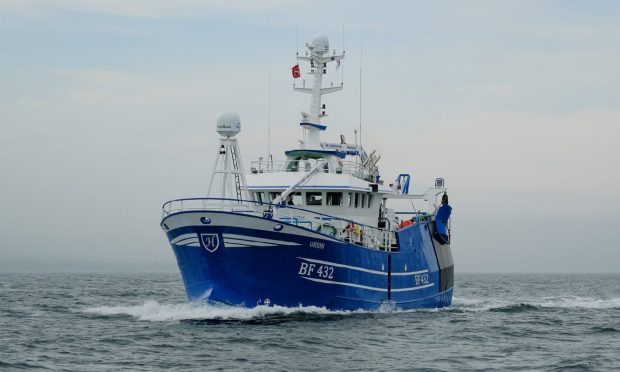
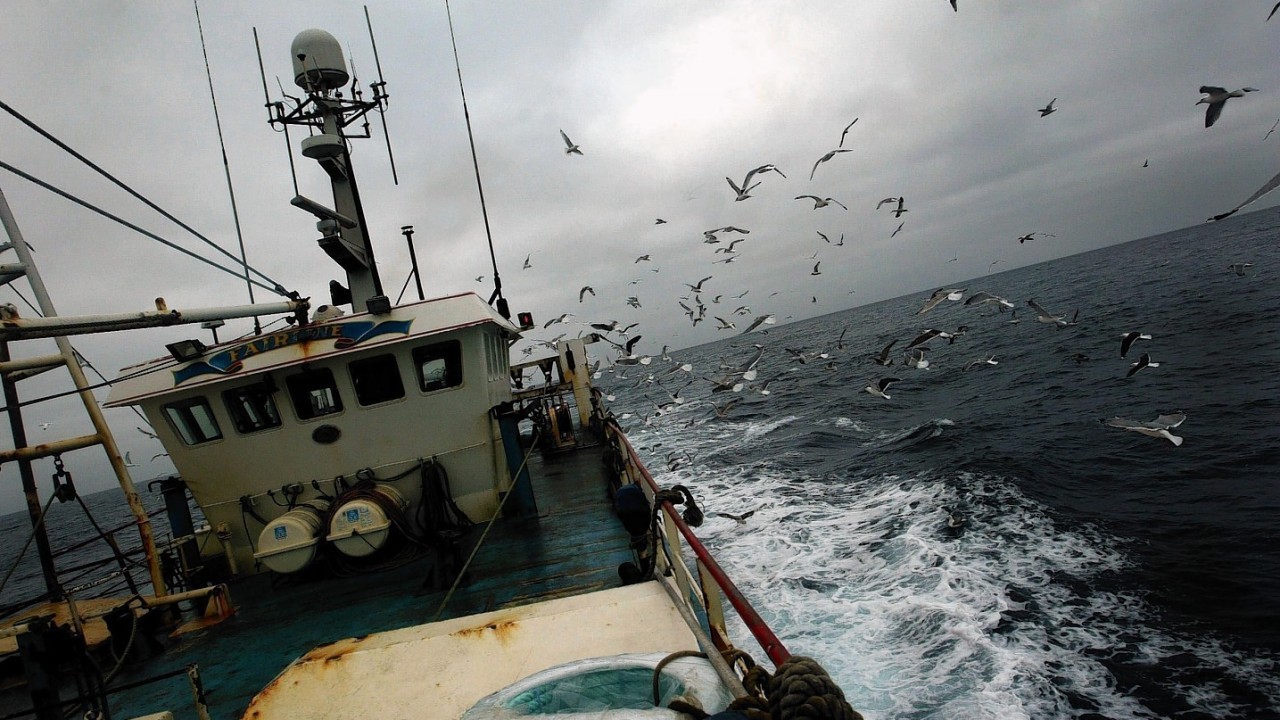
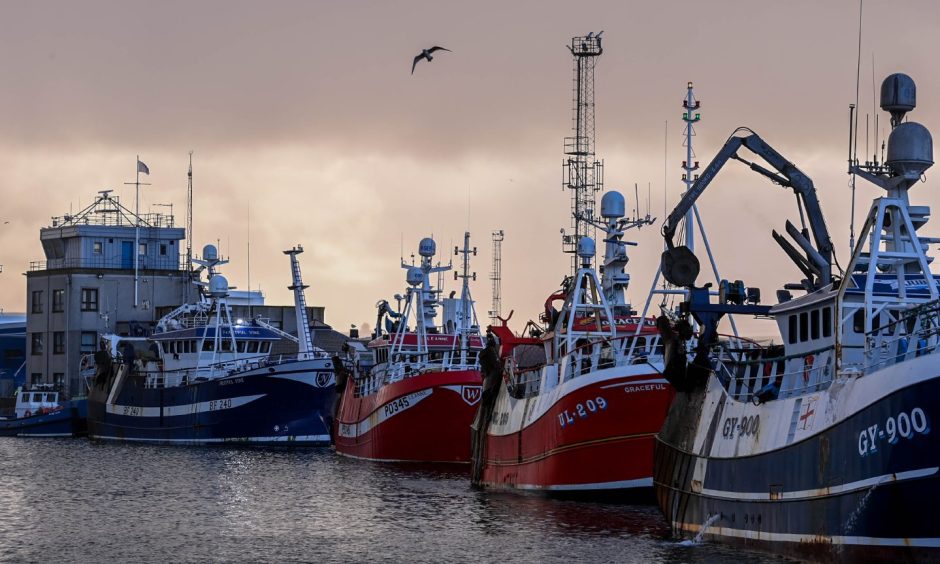
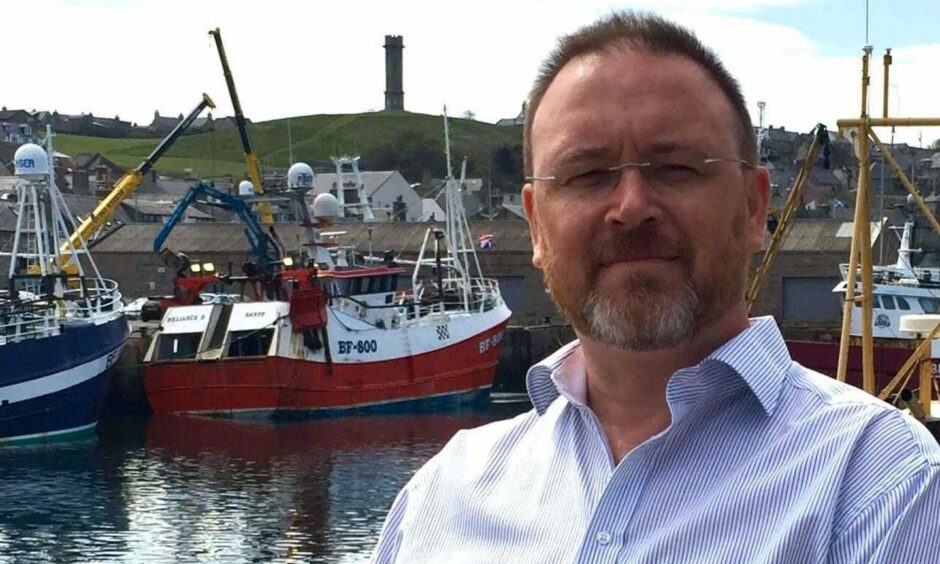
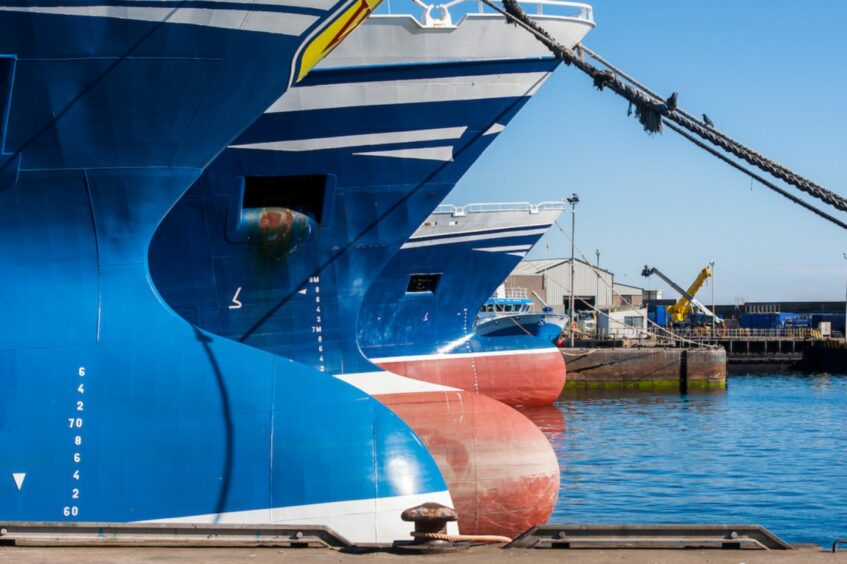
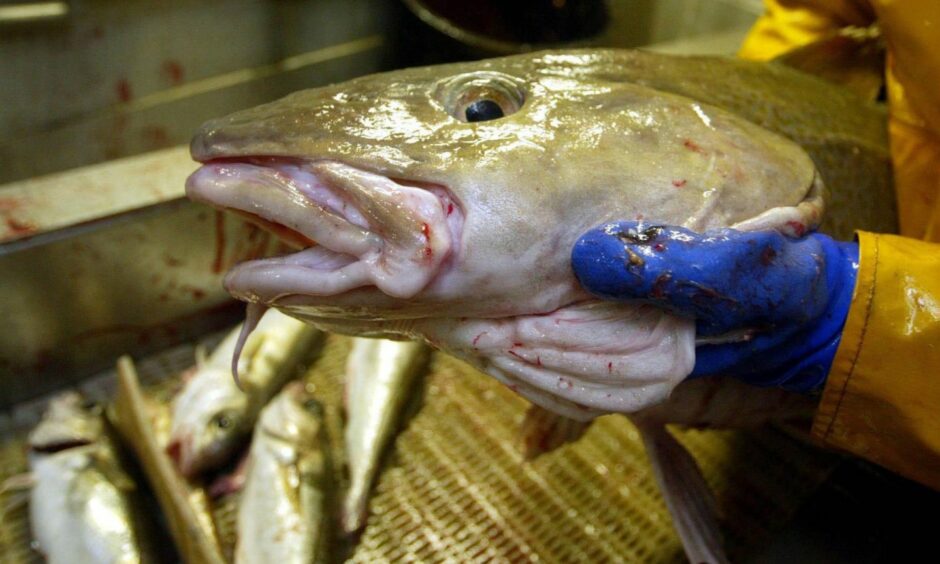
Conversation